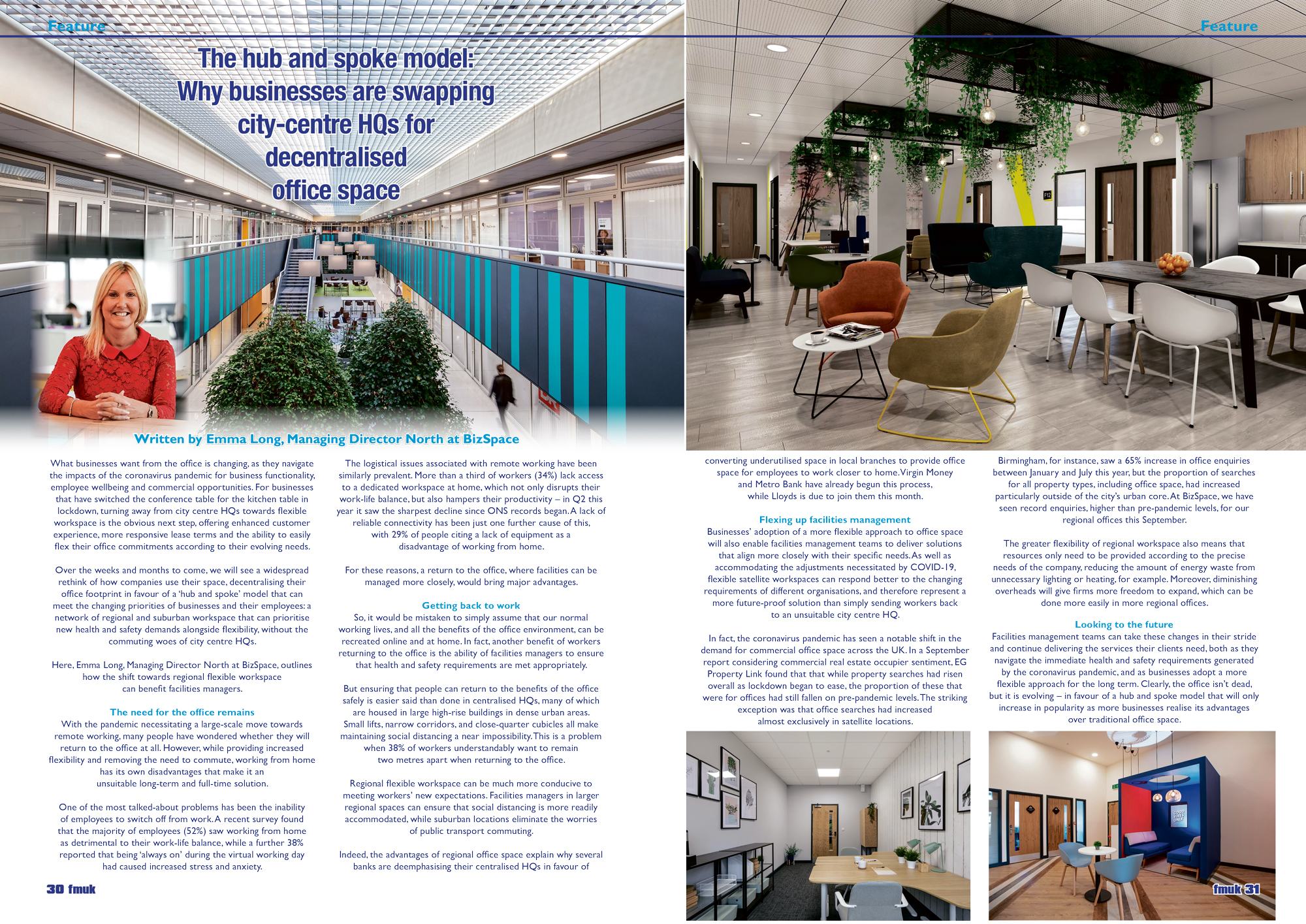The Hub And Spoke Model: Why Businesses Are Swapping City-Centre HQs For Decentralised Office Space
By: Emma Long, Managing Director North at BizSpace.
What businesses want from the office is changing, as they navigate the impacts of the coronavirus pandemic for business functionality, employee wellbeing and commercial opportunities. For businesses that have switched the conference table for the kitchen table in lockdown, turning away from city centre HQs towards flexible workspace is the obvious next step, offering enhanced customer experience, more responsive lease terms and the ability to easily flex their office commitments according to their evolving needs.
Over the weeks and months to come, we will see a widespread rethink of how companies use their space, decentralising their office footprint in favour of a ‘hub and spoke’ model that can meet the changing priorities of businesses and their employees: a network of regional and suburban workspace that can prioritise new health and safety demands alongside flexibility, without the commuting woes of city centre HQs.
Here, Emma Long, Managing Director North at BizSpace, outlines how the shift towards regional flexible workspace can benefit facilities managers.

The Need For The Office Remains
With the pandemic necessitating a large-scale move towards remote working, many people have wondered whether they will return to the office at all. However, while providing increased flexibility and removing the need to commute, working from home has its own disadvantages that make it an unsuitable long-term and full-time solution.
One of the most talked-about problems has been the inability of employees to switch off from work. A recent survey found that the majority of employees (52%) saw working from home as detrimental to their work-life balance, while a further 38% reported that being ‘always on’ during the virtual working day had caused increased stress and anxiety.
The logistical issues associated with remote working have been similarly prevalent. More than a third of workers (34%) lack access to a dedicated workspace at home, which not only disrupts their work-life balance, but also hampers their productivity – in Q2 this year it saw the sharpest decline since ONS records began. A lack of reliable connectivity has been just one further cause of this, with 29% of people citing a lack of equipment as a disadvantage of working from home.
For these reasons, a return to the office, where facilities can be managed more closely, would bring major advantages.
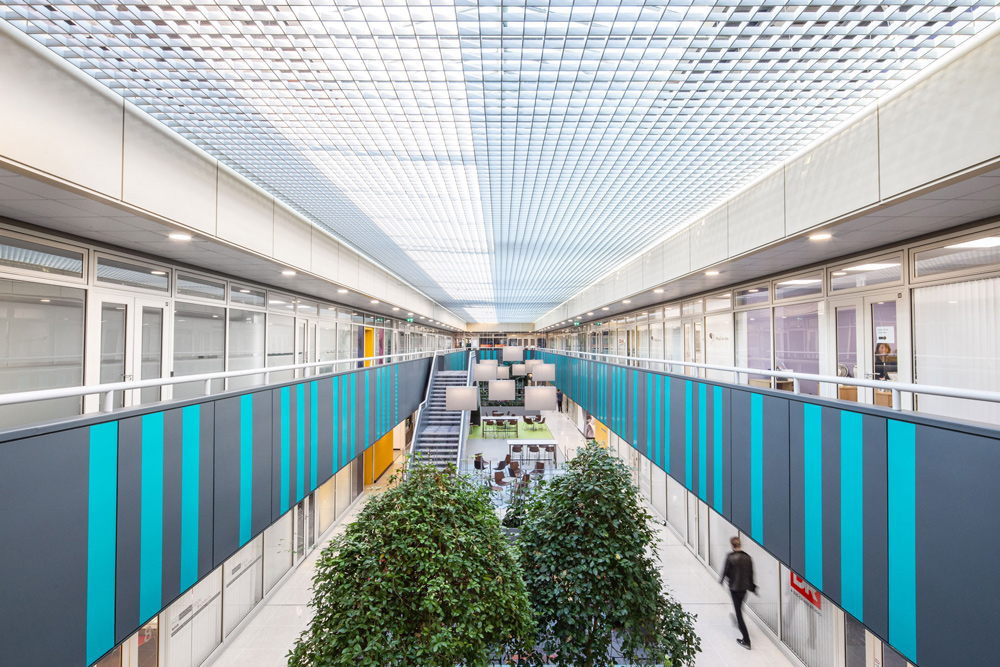
Getting Back To Work
So, it would be mistaken to simply assume that our normal working lives, and all the benefits of the office environment, can be recreated online and at home. In fact, another benefit of workers returning to the office is the ability of facilities managers to ensure that health and safety requirements are met appropriately.
But ensuring that people can return to the benefits of the office safely is easier said than done in centralised HQs, many of which are housed in large high-rise buildings in dense urban areas. Small lifts, narrow corridors, and close-quarter cubicles all make maintaining social distancing a near impossibility. This is a problem when 38% of workers understandably want to remain two metres apart when returning to the office.
Regional flexible workspace can be much more conducive to meeting workers’ new expectations. Facilities managers in larger regional spaces can ensure that social distancing is more readily accommodated, while suburban locations eliminate the worries of public transport commuting.
Indeed, the advantages of regional office space explain why several banks are deemphasising their centralised HQs in favour of converting underutilised space in local branches to provide office space for employees to work closer to home. Virgin Money and Metro Bank have already begun this process, while Lloyds is due to join them this month.
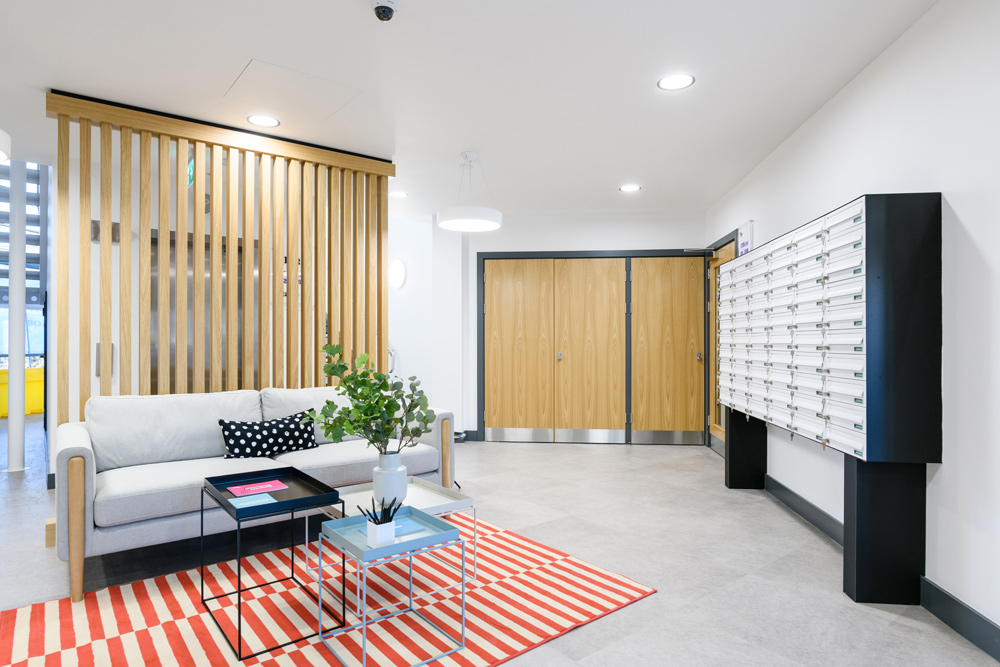
Flexing Up Facilities Management
Businesses’ adoption of a more flexible approach to office space will also enable facilities management teams to deliver solutions that align more closely with their specific needs. As well as accommodating the adjustments necessitated by COVID-19, flexible satellite workspaces can respond better to the changing requirements of different organisations, and therefore represent a more future-proof solution than simply sending workers back to an unsuitable city centre HQ.
In fact, the coronavirus pandemic has seen a notable shift in the demand for commercial office space across the UK. In a September report considering commercial real estate occupier sentiment, EG Property Link found that that while property searches had risen overall as lockdown began to ease, the proportion of these that were for offices had still fallen on pre-pandemic levels. The striking exception was that office searches had increased almost exclusively in satellite locations.
Birmingham, for instance, saw a 65% increase in office enquiries between January and July this year, but the proportion of searches for all property types, including office space, had increased particularly outside of the city’s urban core. At BizSpace, we have seen record enquiries, higher than pre-pandemic levels, for our regional offices this September.
The greater flexibility of regional workspace also means that resources only need to be provided according to the precise needs of the company, reducing the amount of energy waste from unnecessary lighting or heating, for example. Moreover, diminishing overheads will give firms more freedom to expand, which can be done more easily in more regional offices.
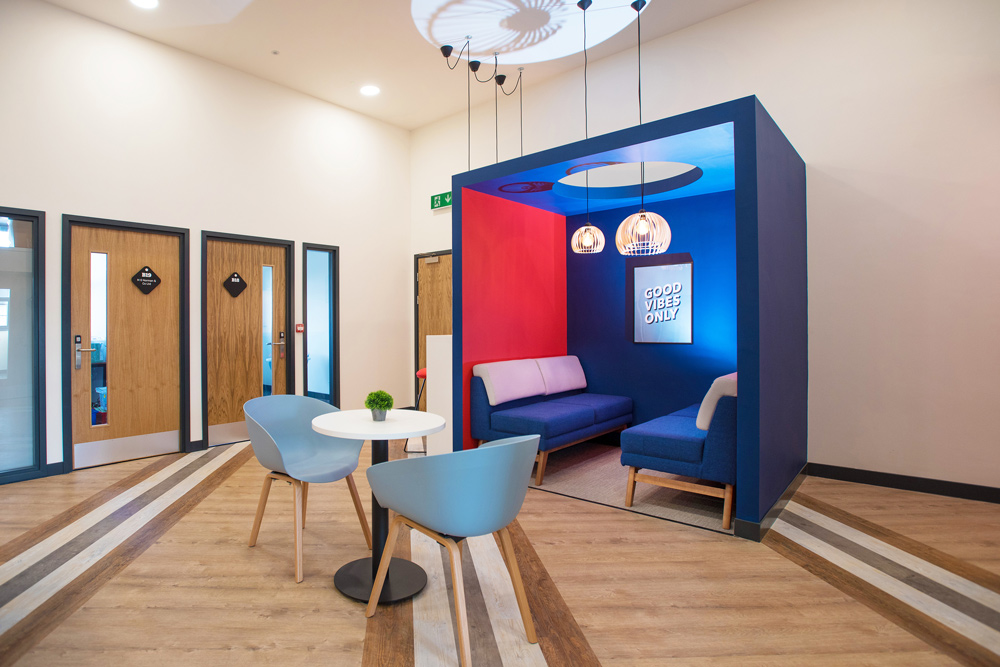
Looking To The Future
Facilities management teams can take these changes in their stride and continue delivering the services their clients need, both as they navigate the immediate health and safety requirements generated by the coronavirus pandemic, and as businesses adopt a more flexible approach for the long term. Clearly, the office isn’t dead, but it is evolving – in favour of a hub and spoke model that will only increase in popularity as more businesses realise its advantages over traditional office space.
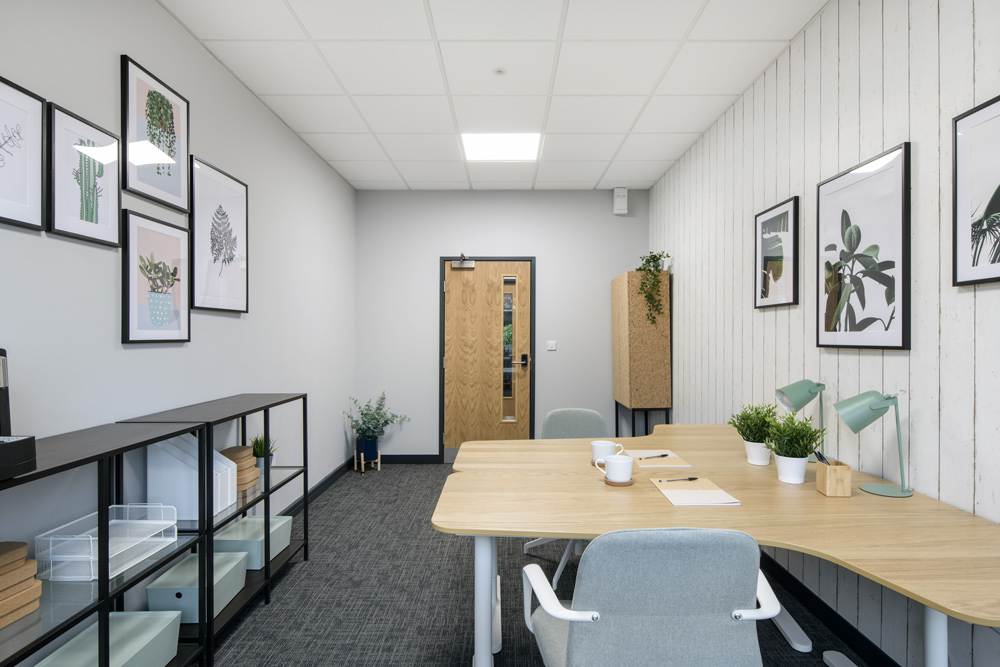
Click the article to enlarge it.
